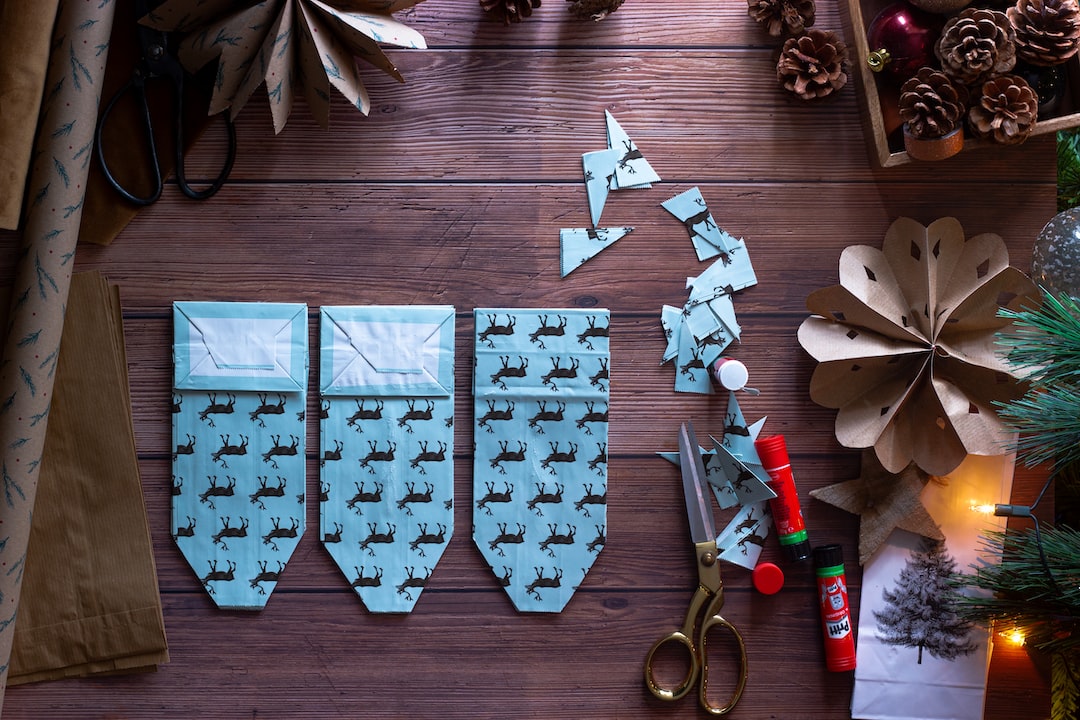The guitar is one of the most popular musical instruments in the world, and for good reason. Its versatility allows for a wide range of musical styles and expressions, making it an excellent choice for beginners who are eager to learn a new instrument. If you’ve just picked up your first guitar and are wondering where to start, this beginner’s guide will help you on your musical journey.
First, let’s talk about the different types of guitars. The most common type for beginners is the acoustic guitar. It doesn’t require any additional equipment and is perfect for playing chords and strumming along to your favorite songs. On the other hand, electric guitars can offer a wider range of sounds and tones but require an amplifier to be heard properly.
Next, you’ll need to learn how to hold the guitar correctly. Sit on a chair or stool with a straight back, ensuring that the guitar rests comfortably on your leg. Make sure your back is straight and your arms are relaxed. Proper posture is essential for playing the guitar with ease and avoiding unnecessary strain or discomfort.
Before we start playing, we need to understand the basics of the guitar. Learn the names of the different parts of the guitar, such as the body, neck, frets, and strings. Familiarize yourself with the various chords, which are the foundation of most songs. Begin by learning a few basic open chords such as G, C, D, E, and A. Practice transitioning smoothly between these chords until you can strum each one cleanly.
Once you feel comfortable with the basic chords, start practicing simple songs that use those chords. There are countless tutorials and chord charts available online to help you get started. Practice strumming patterns and rhythm to improve your timing and make your playing sound more musical.
Developing finger dexterity is crucial for guitar players. Start by practicing finger exercises that increase your finger strength and flexibility. This will make it easier for you to form chords and play different techniques, such as hammer-ons, pull-offs, and slides.
Remember to take breaks and pace yourself. Learning any instrument takes time and practice, so don’t get discouraged if progress feels slow at first. Start with short practice sessions and gradually increase the length as you become more comfortable. Set small goals for yourself and celebrate each achievement, no matter how small.
Lastly, don’t forget to have fun! Learning the guitar can be challenging at times, but it’s also incredibly rewarding. Experiment with different genres and styles, and embrace the joy of creating music. Surround yourself with other guitar enthusiasts, whether in person or online, who can share tips, tricks, and inspiration along the way.
In conclusion, mastering the guitar is a journey that requires patience, dedication, and practice. By following this beginner’s guide, you’re equipped with the essential knowledge to get started. Stay motivated, keep practicing, and soon you’ll be strumming along to your favorite songs with confidence and joy.

